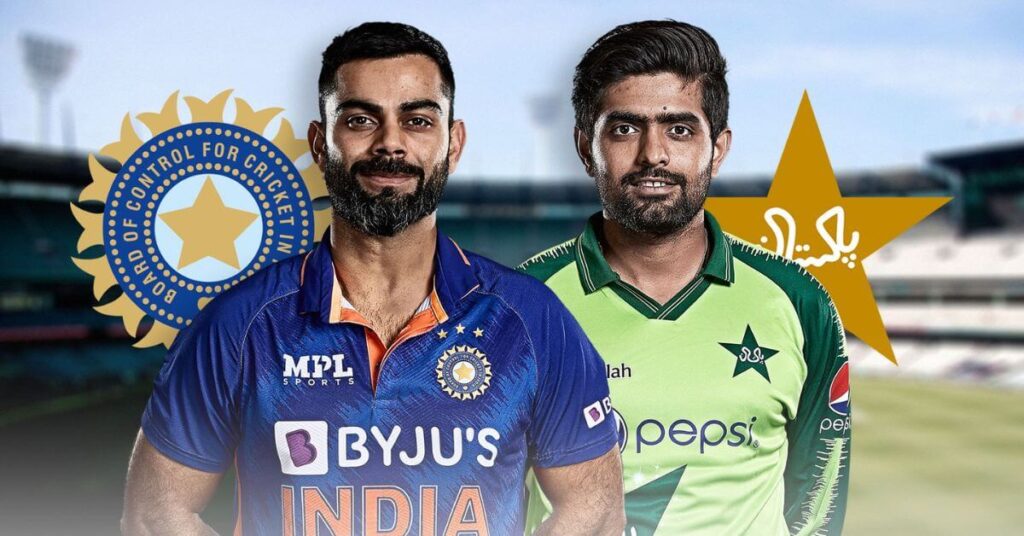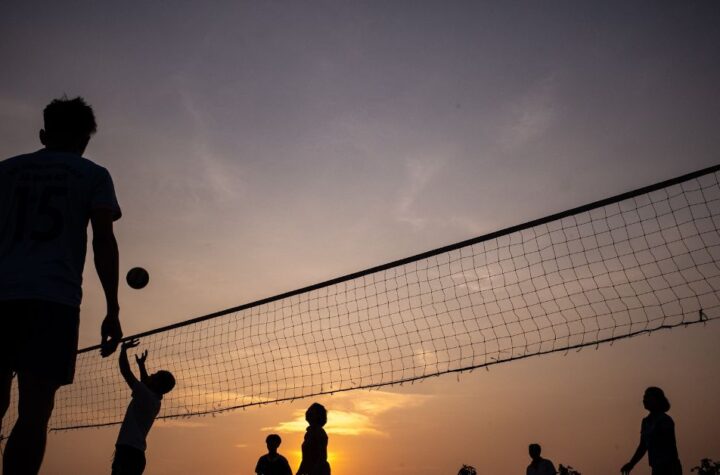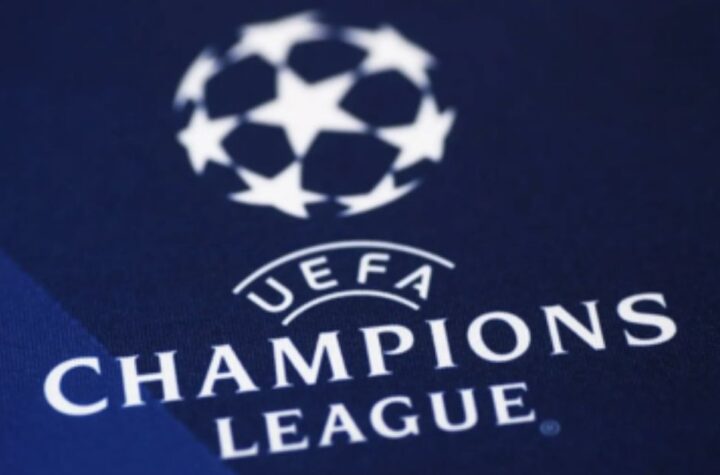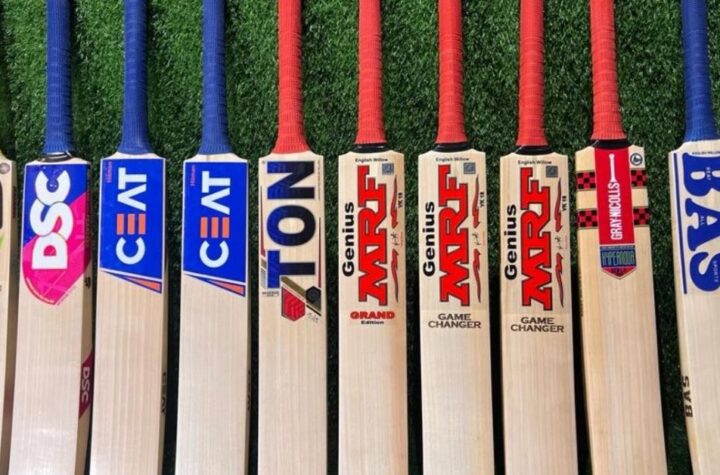
India and Pakistan have one of the fiercest sporting rivalries worldwide, drawing millions of people together every time their rivalry comes into play. It’s truly jaw-dropping! Though their political relationships may be frosty, both teams still play against one another at major tournaments; this is because to maximize eyeballs and revenue generation for tournaments, the International Cricket Council makes sure they play in different groups
India Vs Pakistan Cricket Match Insights
The rivalry
India and Pakistan has long been one of the fiercest rivalries on the global sports calendar, from Javed Miandad’s last-ball six to Sachin Tendulkar’s century in Bangalore. But India vs Pakistan goes beyond sports; its intensity comes from its political undertone. Nuclear-armed South Asian neighbors often trade accusations and denials over their contentious relations – particularly over Kashmir.
India and Pakistan rivalry has also long been colored by history and patriotism, evidenced by President Pervez Musharraf’s 2005 visit ostensibly for a cricket game but instead used as an opportunity to discuss issues from terrorism to economic development with his Indian counterpart, Manmohan Singh – considered an impressive display of sport diplomacy.
India holds an advantage in international competitions over Pakistan with 12 International Cricket Council trophies to their name compared to just three from Pakistan. India boasts an unblemished record in ODI World Cups (eight victories out of nine matches won), as well as seven out of nine T20 World Cup victories.
While some have called for the boycotting of all International Cricket Council (ICC) tournaments that feature Pakistan, Saikia insists it would be impossible to entirely exclude it from multi-team tournaments due to sanctions by their governing body and consequently impairing young budding cricketers’ careers.
The history
18 years have passed since India and Pakistan last met in a Test match – widely considered the pinnacle of cricket’s five-day format – widely held up as its pinnacle. Their geopolitical rivalry and fierce contests draw millions of fans from around the globe; but cricket can transcend these differences to unite rather than divide its 1.6 billion population of subcontinent.
From Pakistan’s dramatic comeback against India at Brabourne Stadium in Mumbai in 2004 to last year’s nail-biting Champions Trophy Final, each match has been nothing but remarkable, leaving spectators beaming with anticipation and delight.
India and Pakistan have met in 136 One Day International matches (ODI), with India winning 58 times while Pakistan have taken their victory to 73 – five were drawn – making this rivalry one of the greatest contests ever witnessed by global cricket and financial powerhouse.
Santosh Desai of brand consultancy firm Prosper Brand says the rivalry has become more psychological than physical. According to him, it has evolved more into a contest of perception rather than reality – “it’s more an imaginative contest,” according to him.
The match
India-Pakistan rivalry is one of the fiercest in global sport and always draws huge crowds to matches between these archrivals. Cricket fans from India and Pakistan will relish this eventful clash at the Asia Cup as an opportunity to see them face each other for the first time since nuclear-armed neighbors South Asia came close to an all-out war this year.
Tournament organizers and sponsors value India-Pakistan matches highly as television viewers and sponsors tend to watch both sides more avidly when there is competition between the two nations. They will go out of their way to arrange matches between India and Pakistan regardless of any political disagreement between the countries; sometimes even breaking rules and disregarding security concerns in order to guarantee matches between these sides.
India and Pakistan will play each other three times during this tournament, beginning with their Group A encounter on September 14 at Dubai International Stadium. Should both teams reach the Super Fours stage and ultimately the final, they will meet again on September 21 at Dubai International Stadium.
Former International Cricket Council official Sami Ul Hasan believes India-Pakistan matches are key for driving eyeballs and tournament revenues, while simultaneously showing that both countries can put politics aside when it comes to sport. According to Hasan, their lack of an event would weaken India’s bids for both the 2036 Olympics and 2030 Commonwealth Games should they opt out due to political considerations.
The hype
As thousands of fans from India and Pakistan flock to New York City to watch this match, many have recognized that it represents more than just cricket: It represents a “war without guns” between these nuclear-armed neighbours where victory equals national glory; defeat represents national humiliation. Although political tensions between them have frozen bilateral series over the years, tensions seem temporarily lifted when major international cricket events arise.
Eman Tufail, 25, an UX strategist and content lead for the cricket coverage platform Grassroots Cricket by day, sees an India-Pakistan match as more than just results; rather it represents “the politics of their rivalry and how it has developed over time”.
She notes that, although there was some progress made between India and Pakistan during the early 2000s – including India’s 2004 tour to Pakistan being widely known as a “Friendship Series”, featuring Sachin Tendulkar’s sensational 141 in Rawalpindi and Shoaib Akhtar’s fiery spells – following which India and Pakistan only met again at international cricket tournaments since 2008.
While India-Pakistan matches still sell out and set viewership records, their appeal has subsided somewhat due to India and Pakistan’s ongoing off-field issues as well as difficulty seeing when their next clash would take place after February’s last one.





More Stories
Cricket Bat Brands in India
India National Cricket Team Vs Pakistan National Cricket Team Standings
Choosing Gully Cricket Team Names